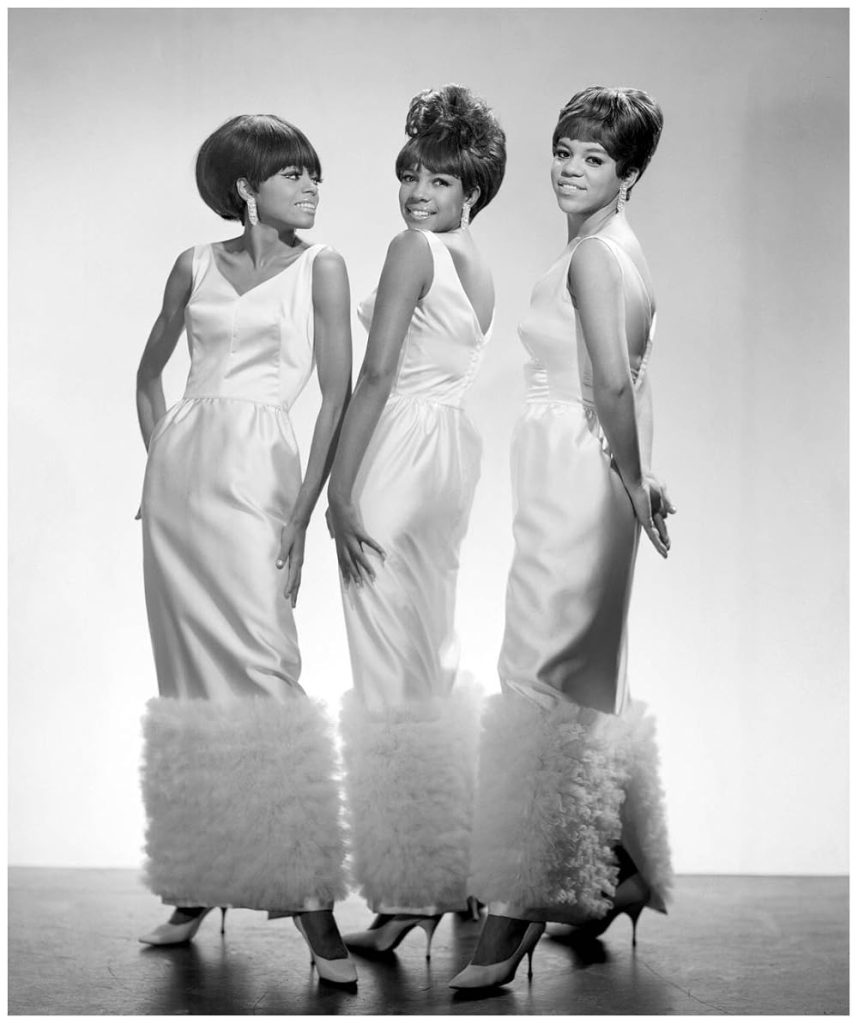
The Supremes: The Enduring Power of Heartbreak in “You Keep Me Hangin’ On”
When it comes to iconic Motown tracks, The Supremes stand out as a defining force of the 1960s, and “You Keep Me Hangin’ On” is one of their most powerful contributions to the music world. Released in 1966, the song quickly ascended the Billboard Hot 100, capturing the No. 1 spot in the United States and becoming an anthem of heartbreak and resilience. This track, with its unforgettable melody and relentless beat, remains a staple in the landscape of classic pop music.
“You Keep Me Hangin’ On” is more than just a breakup song; it’s a statement of empowerment. The song’s lyrics capture the frustration and determination of a woman who has had enough of being strung along in a relationship that’s over in every way but officially. The opening lines, “Set me free, why don’t you, babe?” immediately set the tone for a song that demands closure and emotional freedom. Diana Ross’s vocal performance is both fierce and vulnerable, perfectly capturing the turmoil of wanting to move on while feeling trapped by lingering feelings.
Musically, the song is a masterpiece of Motown production, with Holland-Dozier-Holland’s signature songwriting and production style driving it forward. The track opens with a staccato guitar riff, one that mimics the urgency and frustration of the lyrics, while the rhythm section propels the song with an almost relentless pace. The driving beat of the song mirrors the insistent message in the lyrics—a plea for liberation from a toxic relationship.
The Supremes’ harmonies, as always, are tight and polished, with Mary Wilson and Florence Ballard providing the perfect backdrop to Ross’s lead vocal. Their voices weave together seamlessly, adding layers of emotion and depth to the already powerful lyrics. This blend of vocal and instrumental intensity makes “You Keep Me Hangin’ On” an emotionally charged experience from start to finish.
One of the remarkable aspects of “You Keep Me Hangin’ On” is its versatility and ability to resonate across different genres and decades. The song has been covered numerous times, most notably by Vanilla Fudge in 1967, whose slowed-down, psychedelic rock version turned the pop hit into a completely different, equally powerful song. The fact that it can be interpreted in so many ways speaks to the strength of the original composition and the universal nature of its theme.
At the time of its release, “You Keep Me Hangin’ On” was a commercial triumph, not just in the United States but internationally. It topped the charts in multiple countries, further solidifying The Supremes’ status as one of the most successful female groups of all time. The song’s appeal went beyond its immediate catchiness; it tapped into a deep emotional truth that listeners from all walks of life could relate to.
Lyrically, the song stands out for its directness and clarity. Unlike many love songs of the era that were full of metaphor and indirect expressions, “You Keep Me Hangin’ On” is straightforward and unambiguous. The protagonist of the song knows exactly what she wants—to be free—and she’s not afraid to ask for it. This boldness in both lyrics and delivery was a refreshing change from the often coy or passive expressions of love and heartbreak in pop music at the time.
The impact of “You Keep Me Hangin’ On” on popular culture is undeniable. It has been used in movies, television shows, and even in commercials, continuing to introduce new generations to The Supremes’ timeless sound. The song’s message of breaking free from unhealthy relationships continues to resonate, making it a go-to anthem for those going through similar experiences even today.
In essence, “You Keep Me Hangin’ On” is a perfect example of why The Supremes are still revered decades after their heyday. It’s a song that combines impeccable production, powerful lyrics, and a vocal performance that is as commanding as it is emotionally nuanced. Whether you’re hearing it for the first time or rediscovering it after many years, this track remains a powerful reminder of the enduring strength of Motown music and the timeless appeal of The Supremes.